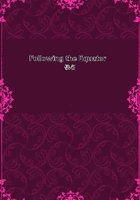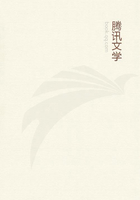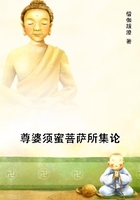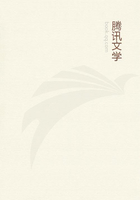George's Channel, than they begin to fill their bumpers to the glorious and immortal memory. They may truly boast that they look not at men, but at measures. So that evil be done, they care not who does it; the arbitrary Charles, or the liberal William, Ferdinand the Catholic, or Frederic the Protestant. On such occasions their deadliest opponents may reckon upon their candid construction. The bold assertions of these people have of late impressed a large portion of the public with an opinion that James the Second was expelled simply because he was a Catholic, and that the Revolution was essentially a Protestant Revolution.
But this certainly was not the case; nor can any person who has acquired more knowledge of the history of those times than is to be found in Goldsmith's Abridgement believe that, if James had held his own religious opinions without wishing to make proselytes, or if, wishing even to make proselytes, he had contented himself with exerting only his constitutional influence for that purpose, the Prince of Orange would ever have been invited over. Our ancestors, we suppose, knew their own meaning; and, if we may believe them, their hostility was primarily not to popery, but to tyranny. They did not drive out a tyrant because he was a Catholic; but they excluded Catholics from the crown, because they thought them likely to be tyrants. The ground on which they, in their famous resolution, declared the throne vacant, was this, "that James had broken the fundamental laws of the kingdom." Every man, therefore, who approves of the Revolution of 1688 must hold that the breach of fundamental laws on the part of the sovereign justifies resistance. The question, then, is this. Had Charles the First broken the fundamental laws of England?
No person can answer in the negative, unless he refuses credit, not merely to all the accusations brought against Charles by his opponents, but to the narratives of the warmest Royalists, and to the confessions of the King himself. If there be any truth in any historian of any party, who has related the events of that reign, the conduct of Charles, from his accession to the meeting of the Long Parliament, had been a continued course of oppression and treachery. Let those who applaud the Revolution and condemn the Rebellion, mention one act of James the Second to which a parallel is not to be found in the history of his father. Let them lay their fingers on a single article in the Declaration of Right, presented by the two Houses to William and Mary, which Charles is not acknowledged to have violated. He had, according to the testimony of his own friends, usurped the functions of the legislature, raised taxes without the consent of parliament, and quartered troops on the people in the most illegal and vexatious manner. Not a single session of parliament had passed without some unconstitutional attack on the freedom of debate; the right of petition was grossly violated; arbitrary judgments, exorbitant fines, and unwarranted imprisonments were grievances of daily occurrence. If these things do not justify resistance, the Revolution was treason; if they do, the Great Rebellion was laudable.
But it is said, why not adopt milder measures? Why, after the King had consented to so many reforms, and renounced so many oppressive prerogatives, did the Parliament continue to rise in their demands at the risk of provoking a civil war? The ship-money had been given up. The Star-Chamber had been abolished.
Provision had been made for the frequent convocation and secure deliberation of parliaments. Why not pursue an end confessedly good by peaceable and regular means? We recur again to the analogy of the Revolution. Why was James driven from the throne?
Why was he not retained upon conditions? He too had offered to call a free parliament and to submit to its decision all the matters in dispute. Yet we are in the habit of praising our forefathers, who preferred a revolution, a disputed succession, a dynasty of strangers, twenty years of foreign and intestine war, a standing army, and a national debt, to the rule, however restricted, of a tried and proved tyrant. The Long Parliament acted on the same principle, and is entitled to the same praise.
They could not trust the King. He had no doubt passed salutary laws; but what assurance was there that he would not break them?
He had renounced oppressive prerogatives but where was the security that he would not resume them? The nation had to deal with a man whom no tie could bind, a man who made and broke promises with equal facility, a man whose honour had been a hundred times pawned, and never redeemed.
Here, indeed, the Long Parliament stands on still stronger ground than the Convention of 1688. No action of James can be compared to the conduct of Charles with respect to the Petition of Right.
The Lords and Commons present him with a bill in which the constitutional limits of his power are marked out. He hesitates; he evades; at last he bargains to give his assent for five subsidies. The bill receives his solemn assent; the subsidies are voted; but no sooner is the tyrant relieved, than he returns at once to all the arbitrary measures which he had bound himself to abandon, and violates all the clauses of the very Act which he had been paid to pass.
For more than ten years the people had seen the rights which were theirs by a double claim, by immemorial inheritance and by recent purchase, infringed by the perfidious king who had recognised them. At length circumstances compelled Charles to summon another parliament: another chance was given to our fathers: were they to throw it away as they had thrown away the former? Were they again to be cozened by le Roi le veut? Were they again to advance their money on pledges which had been forfeited over and over again?

